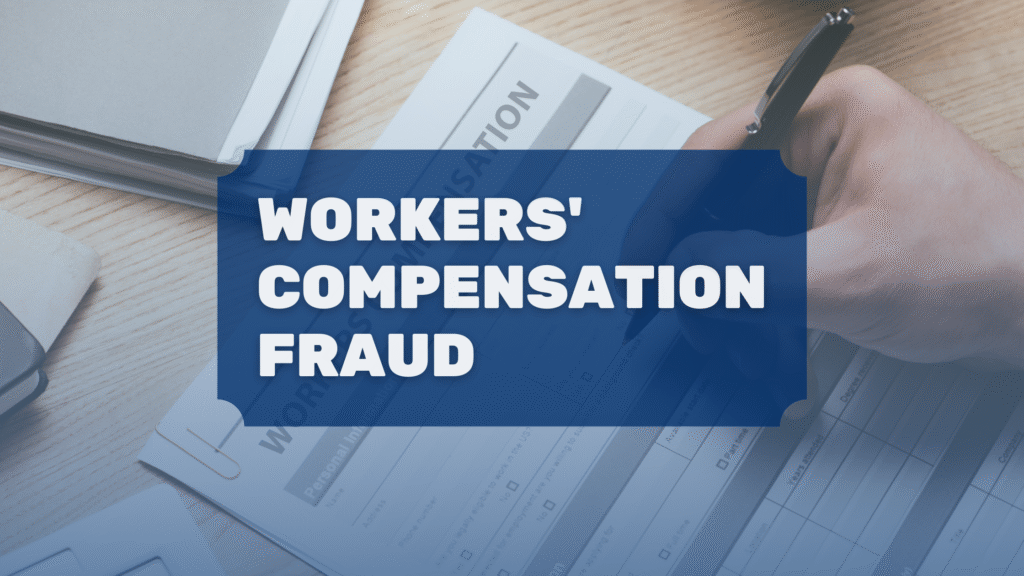June 20, 2025 | JacobiJournal.com – Financial fraud is now a national epidemic, with one in five Americans falling victim to scams ranging from phishing schemes to identity theft. As fraud tactics become more advanced, individuals of all ages and backgrounds face increasing risk.
Recent reports reveal that financial fraud isn’t limited to one sector or demographic. Instead, it’s spreading across industries—targeting consumers through email, phone calls, social media, and even fake job listings. This widespread vulnerability underscores a serious need for stronger public awareness and systemic safeguards.
How Scams Are Evolving
Fraudsters now use more sophisticated techniques to deceive their targets. For instance, some impersonate trusted institutions, such as banks or government agencies. Others manipulate social platforms to push fraudulent investment opportunities or “get-rich-quick” schemes. The rise of AI-generated content and deepfakes adds another layer of complexity, making it harder to tell real from fake.
Who’s at Risk
While older adults were once prime targets, younger generations are increasingly affected. Millennials and Gen Z, often more active online, are falling victim to digital scams at alarming rates. Additionally, minority communities and low-income groups tend to be disproportionately impacted, often due to limited access to fraud education and resources.
Why It Matters Now
The financial and emotional toll of fraud can be devastating. Victims not only lose money but also face damaged credit, legal issues, and lasting psychological effects. Moreover, widespread fraud erodes public trust in financial systems, making the need for change even more urgent.
What Can Be Done
To combat this growing threat, experts urge stronger fraud detection tools, educational initiatives, and more aggressive law enforcement action. Staying informed is key—consumers must remain alert, verify sources, and report suspicious activity immediately.
For more resources on preventing financial fraud, visit the Federal Trade Commission (FTC) fraud resources.
FAQs About Financial Fraud
What is financial fraud and how does it impact Americans?
Financial fraud refers to deceptive schemes like identity theft, phishing, and investment scams that result in financial loss. In 2025, one in five Americans have reported being targeted or affected by such scams.
How can I protect myself from financial fraud?
To avoid financial fraud, always verify requests for personal information, use strong passwords, enable two-factor authentication, and monitor bank statements regularly. Reporting suspicious activity to authorities helps curb further exploitation.
Are certain age groups more vulnerable to financial fraud?
While older adults were previously more targeted, younger people, including Millennials and Gen Z, now face increasing exposure to financial fraud, particularly through social media scams and digital phishing tactics.
Stay informed and safeguard your finances. Subscribe to JacobiJournal.com for weekly insights on fraud trends, prevention tips, and regulatory updates.
🔎 Read More from JacobiJournal.com:
- Genetic Testing Scams: The New Face of Medicare Fraud
- $1 Million COVID Relief Scam Exposed: NSW Authorities Arrest Four in Fraud Crackdown
- JPMorgan’s $175M Frank Acquisition: A Cautionary Tale in Due Diligence
- Telemedicine and Fraud: A Double-Edged Sword
- Veteran Fraud Cases Rise: Why Military Experience Can Be Weaponized in Scams





